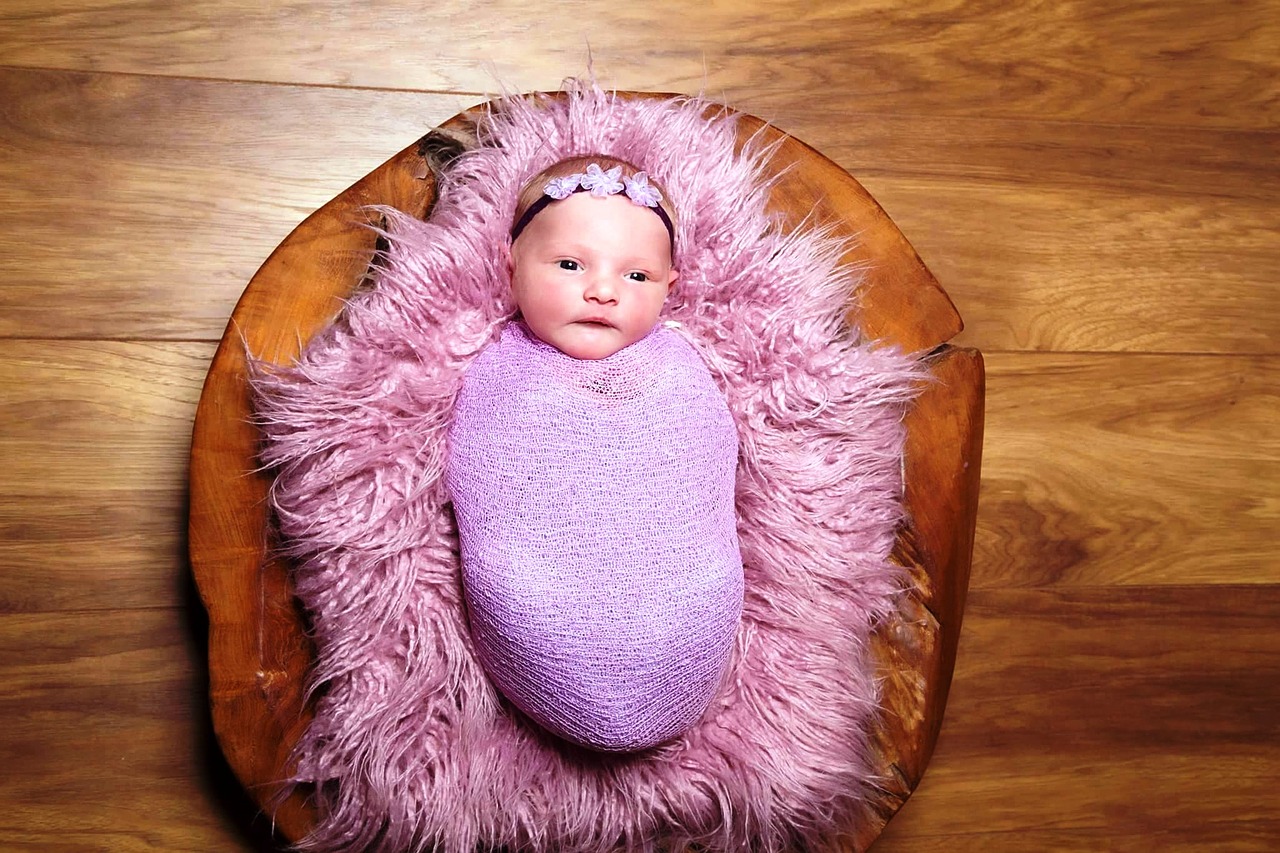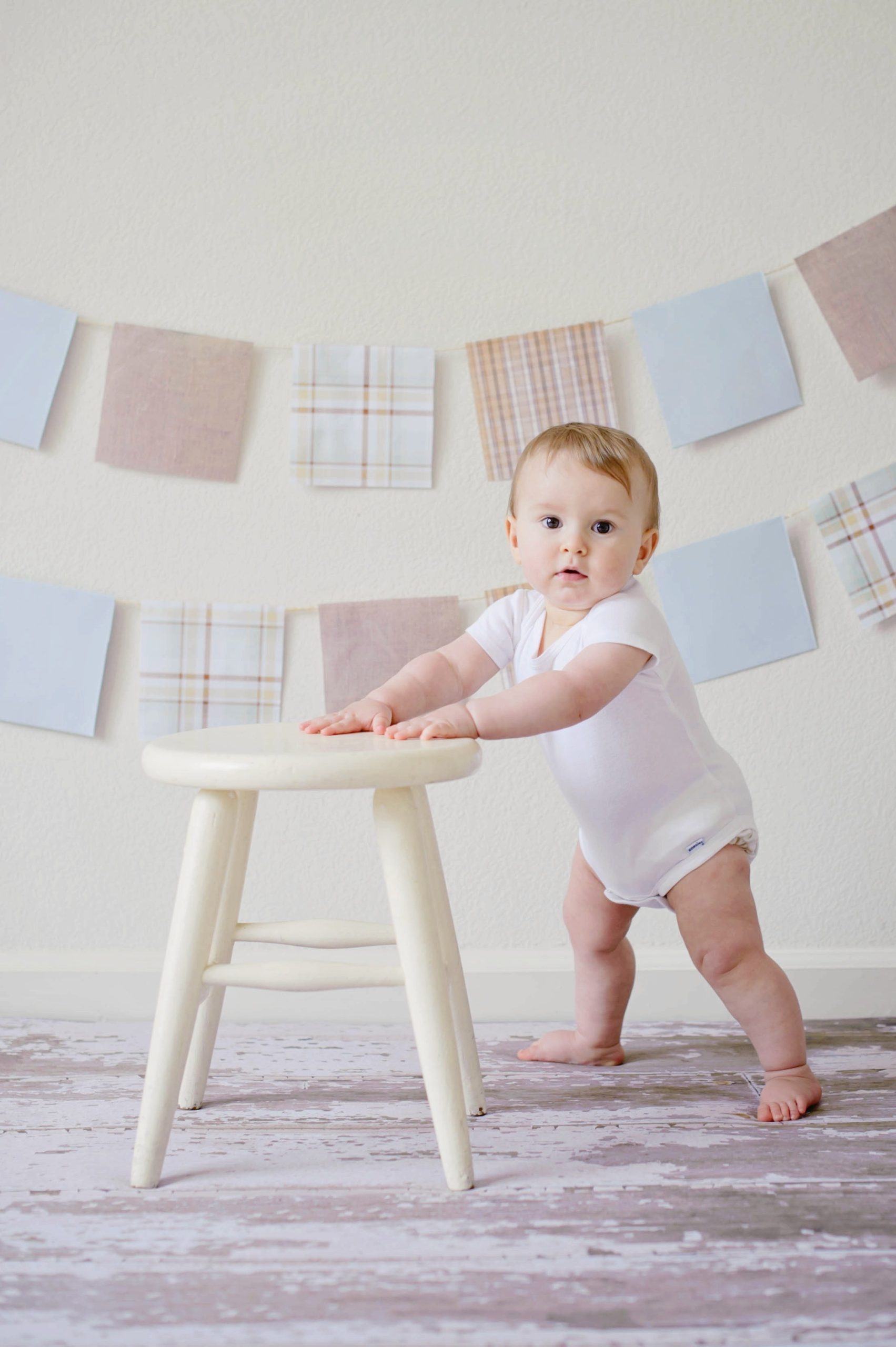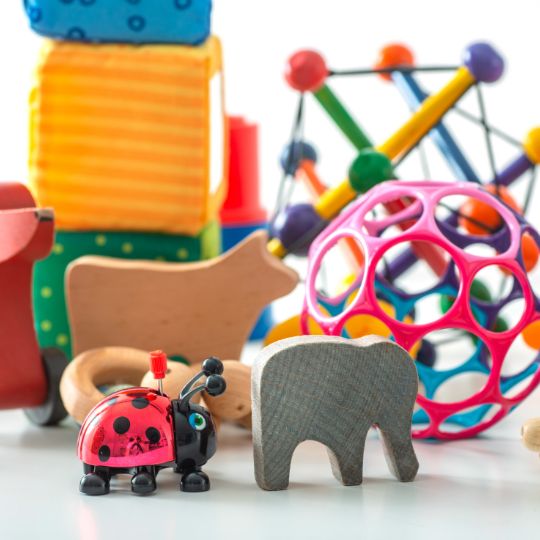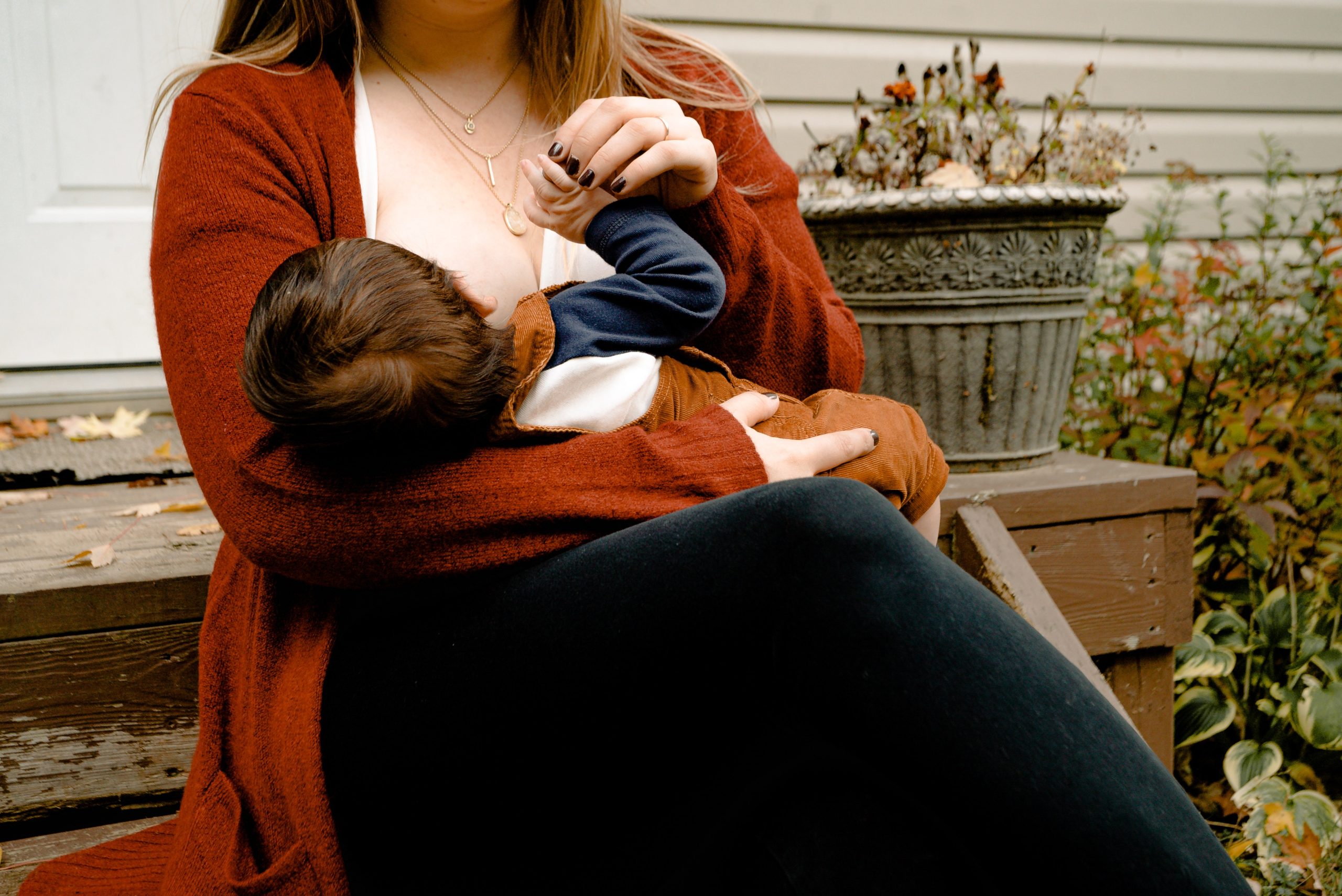Newborns don’t yet have a sense of day and night. They sleep around the clock, and because their tiny stomachs don’t hold enough breast milk or formula to keep them satisfied for long, they wake often to eat — no matter what time of day or night it is.
For most new parents, it’s the eternal question: How to get baby to sleep? When it comes to putting baby down to sleep—and helping baby stay asleep—it can feel like mission impossible sometimes, especially in those first few days, weeks or even months with your newborn.
Table of Contents
All about first month of a baby after birth, what can you expect?
Newborns tend to sleep a lot, typically around 14 to 18 hours a day. It can take several weeks—or months—before their sleep settles into a pattern. In the early days, they can’t go more then 1 to 4 hours without feeding. But by the mark of 3 month they can sleep longer (generally 3 naps a day) and some babies can sleep through the night.
19 tips to try for how to get newborn to sleep
Once your baby is a few months older, you will see a pattern to your baby’s sleep and you may be able to help him sleep longer in the night. It can be helpful to teach your baby that night-time is different to daytime from the start.
During the day time you can keep communicating with your baby and don’t worry too much about everyday noise when they sleep. And during the night time keep the light dim, don’t talk much and keep your voice quite to teach them the difference between day and night.
Click here to know about newborn sleep schedule and patterns from birth to 6 month
Here are few tips to try to help your baby sleep through the night.
1. Set a night time sleep routine for your newborn baby
Try to set a night time routine and follow that most often. According to a study of 400 months with newborn between 7 months and 36 months old showed that babies who followed a nightly bedtime routine went to sleep easier, slept better, and cried out in the middle of the night less often.
You can start bedtime routine for your newborn as early as 6 to 8 weeks old. Bedtime routine can be combination of activities like massage, bathing, feeding, and reading etc. Try to keep the activities in the same order every night. Make every activity calm and peaceful, especially toward the end of the routine.
Put your baby to sleep at the same time each day no matter what he is doing. Fix a sleep pattern. Be consistent; this will help him get accustomed to the routine gradually.
2. Know your newborn sleep needs
During the first 2 months, your newborn’s need to feed very often like every 2 hours or less if you bottle feed them. In first 3 months newborn can’t stay without feeding more than 2 to 4 hours so they can’t sleep more than 4 hours in one stretch. By 3 to 6 months, many babies are able to sleep for a stretch of 6 hours. So it is important to understand the need of a newborn baby at each stage and they will get used to their night time routine by the time.
3. Consider a pacifier
If your newborn baby has trouble sleeping, a pacifier might do the trick. In fact, research suggests that using a pacifier during sleep helps reduce the risk of SIDS.
How to handle and take care for newborn baby? Read here to know in detail
4. Try swaddling
You can give a try to swaddling also. Swaddling may help baby sleep more soundly and for longer stretches. Swaddling is worth to give it a try. It works for some babies in the first several months, but sometimes not for others. If your baby responds to it, it’s great. If not, no big deal. Sometime your baby used to like it before and not liking it now, it’s completely ok. Newborn’s preferences change a lot.

5. Keep the lights dim
Light signals daytime to baby. By keeping the lights dim or blocking the sun will help them to sleep longer. You can cut out all the light you can, which includes the night-light. Babies aren’t likely to fear the dark until at least 18 months. This will give them the habit of sleeping in dark.
6. Turn off all the distractions
Turn off all the distractions that can stimulate your newborn. This includes all kind of noise, toys, talks or you can try family sleeping time also to avoid confusing the baby. This can be done for a few weeks until the baby develops a routine.
7. Put your newborn baby to sleep when he/she is sleepy
Starting when your baby is 6 to 12 weeks old, soothe them until they are sleepy. When they are on the verge of sleep, put them down and let them sleep on their own. Don’t wait until they are fully asleep in your arms. This could be a behavior that may become a struggle to get rid of later in their life.
This routine will teach your baby to soothe themselves to sleep, and you won’t need to rock or cuddle them to sleep every time they wake up during the night. And always put your baby down to sleep on their back.
Read here to know about 25 things you should not do with newborn babies
8. Consider a sleep toy for your newborn
You can also consider a sleep toy as a part of your newborn baby sleep. A soft, small sleep toy that they can associate with sleep time will help them stay calm and also feel secure.

9. Don’t play during mid-night
If your newborn baby wakes up in the middle of the night: do not pick him up or play with him; rather gently pat him back to sleep by comforting him. Try to keep the light dim at that time also and keep the environment same in which they slept before. Let them try to soothe them self and don’t stimulate them to play or talk. Too much stimulation can make it hard for them to settle again.
10. Let baby self soothe
The most important aspect of getting your newborn baby to sleep through the night is to have your baby learn to soothe themselves to sleep. Put your baby down to sleep when they’re drowsy but awake. Babies need to be able to fall asleep independently, so that they can self-soothe when they wake up in the middle of the night.
11. The last meal before sleep should be filling
Most babies wake up in the night because they are hungry and want to feed. If you ensure that your baby’s meal before sleep was filling, then he/she may not wake up in the night for feeds.
12. Comfortable sleep clothes for newborn baby
Comfortable sleep clothes and bedding is essential for your baby. Ensure that the baby does not feel too hot or too cold in these clothes. Baby should wear what you have on to be comfortable, plus one layer. If baby feels cold then they should have more clothes on. If they’re sweating, they may be over-bundled.
13. Try massage and bath before bedtime
A relaxing massage and a warm baths before bedtime can relax your newborn and send him to sleep. Some babies tend to sleep longer after bath because their body gets relaxed after having a nice warm bath. Try not to have any toys in the bathtub to avoid any distraction. Put your baby to sleep immediately after a bath so that he begins to associate bathing to sleep time.
14. Check the signs of overtiredness
Babies will show signs when they are getting tired such as grimacing, yawning, frowning, sucking, staring, snuggling in, jerky movements, becoming over active, clenching fists, rubbing eyes, fussiness or crying. Responding early to these tired signs prevents your newborn baby becoming distressed and makes it easier for them to sleep. Research shows that overtired baby’s sleep is more disturbed then the baby who sleeps before getting over-tired.
15. Play or sing soft music
You can try singing lullabies for your baby. Baby lullabies have been a part of newborn baby sleep routines for centuries all around the world. You can even play a soft music or sing by yourself. Babies can be sooth by their mother voice or even by a soft music. You can make it as a bed time routine for your newborn.
16. Check for leaky diapers and signs of hunger

Hunger is a common reason babies wake during the night. Babies need to eat to grow, so it’s not healthy to try and change this need or retrain it. Even if you know that you just fed your baby a couple of hours earlier, check to see if food is what your little one needs. Thirst is another reason babies wake up. A drink of breast milk or formula may do the trick.
Leaky diapers are also a reason babies wake up. Check for the leaky diaper regularly and giving them a change will help them to sleep comfortably.
17. Check the temperature of room
We all sleep best in a cool room, including newborn babies. Aim to keep your room temperature between 68 and 72 degrees Fahrenheit to give your baby the most comfortable sleep. If her/his fingers feel chilly, that’s normal. To reassure yourself, put your hand on her/his chest. If it’s warm, he’s/she’s warm enough.
18. Keep your baby active and engaged
Involving your newborn baby in physically and mentally challenging activities, especially in the evening can help shift her/his sleep time towards the night. These activates will make your little one to get tired enough for a peaceful sleep.
19. Prepare for any changes
As your newborn baby grows, their needs change, and so will their sleep pattern. What worked last month may not work this month, and that’s perfectly okay. See and test what works best for the both of you. Be prepare for change. There is no hard and fast rule to follow. It’s only up to you and your baby. Try to figure out what works best for you.





